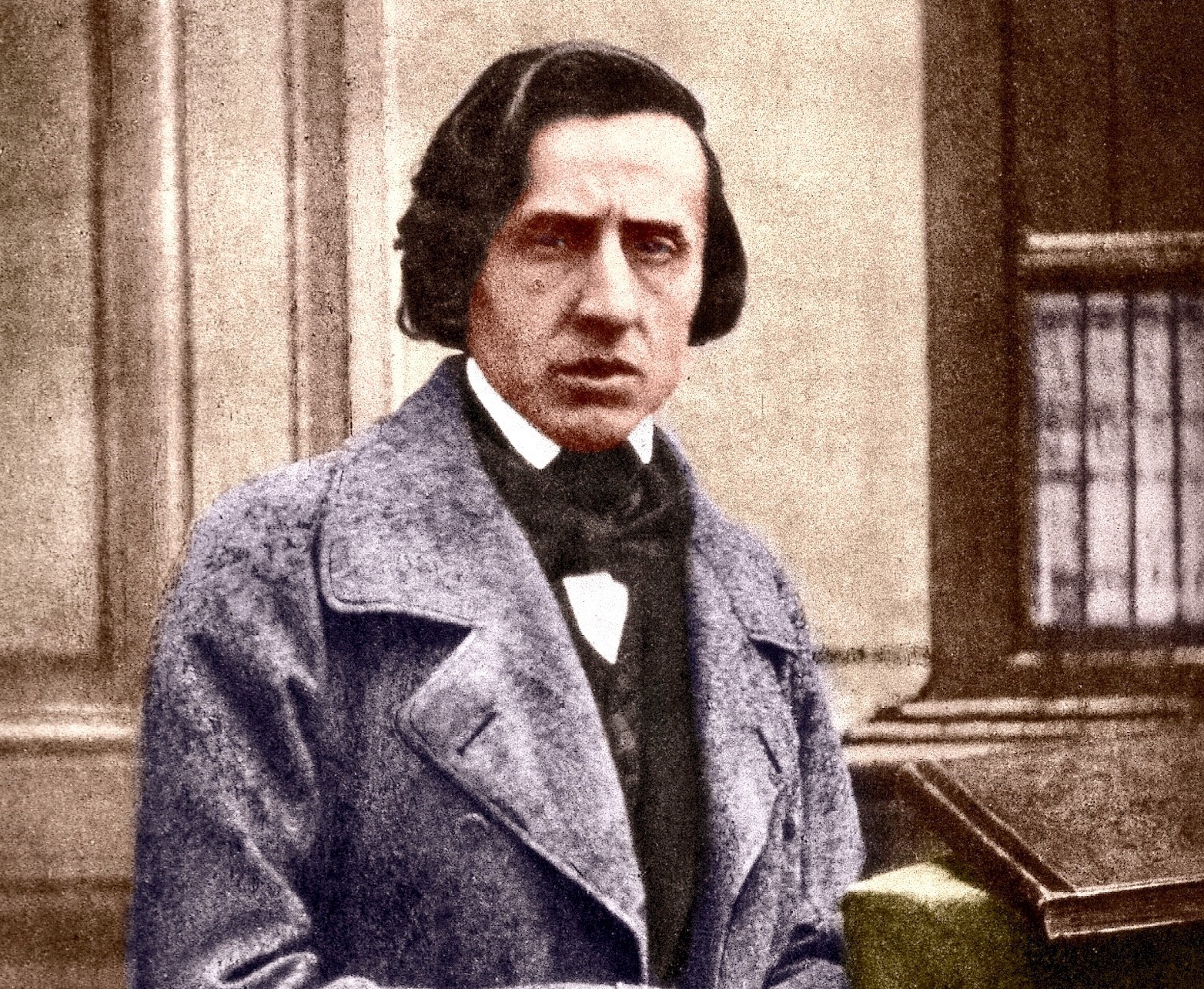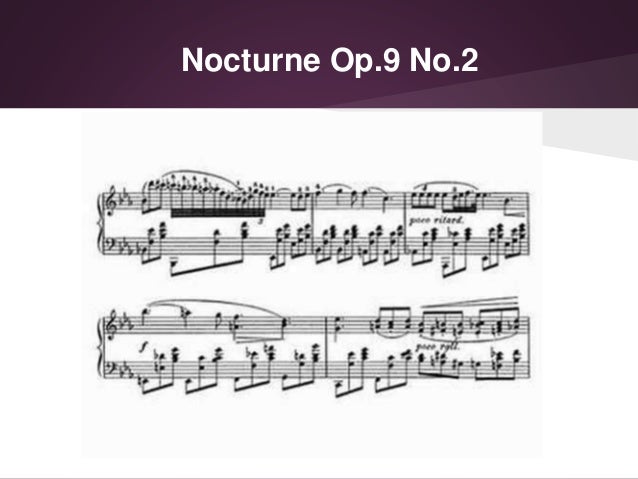
And Chopin himself? Insofar as nationality goes (though his music infinitely transcends it), he was forever Polish. Despite his Polish birth and upbringing, both countries have always counted Chopin as their own. He was both the greatest of Polish composers and effectively the father of French pianism. He spent the first 21 years of his life in Warsaw, the remaining 18 in Paris. How extraordinary to think that Chopin’s passionate music was composed on this relatively simple instrument with a keyboard compass of a mere six octaves.Ĭhopin’s life was neatly divided between the homelands of his Polish mother and his French-born father. He was the antithesis of the ‘thunder and lightning school’ of piano playing, which came to dominate the late 19th century and distort Chopin’s own music, and his favourite piano was the silvery-toned Pleyel, with its easy action. Contemporary accounts of his playing refer to his infinite variety of shading, his singing tone, and his quiet demeanour at the keyboard. He disliked performing to a large audience and much preferred to play to an intimate circle of friends. Of all the great composer-pianists Chopin probably enjoyed the briefest career, appearing before the public no more than a dozen times in his life. When I play Chopin I know I speak directly to the hearts of people.’ All over the world men and women know his music. Artur Rubinstein expressed this well when he wrote, ‘When the first notes of Chopin sound through the concert hall there is a happy sign of recognition. Hearing Chopin’s music is a little like coming home. Is there any other composer of whom similar things could reasonably be said? Finally, and most remarkably, Chopin has come to symbolise a nation. Chopin competitions continue to spring up across the globe. The ‘Chopin recital’ remains as popular as ever, a permanent fixture in the concert hall. Radio stations across the world broadcast his compositions. Millions of listeners are held in thrall to it. Whatever the time zone, the sun never sets on Chopin’s music. Move it to New York, Vienna, London, or even Beijing, and my proposition remains the same. Nor does it depend on the location of my desk – which happens to be situated near Toronto. Within a 50-mile radius of where I am writing this article, someone somewhere is either playing or listening to Chopin’s music.


One had, so the thinking went, to compose symphonies, operas and oratorios in order to be ‘great’. It never occurred to our forefathers that a small Prelude, for instance, could contain a good deal more musical substance than an entire Boccherini string quartet. Time was when Frédéric Chopin was generally regarded as a ‘salon composer’ of charming miniatures – mazurkas, waltzes, nocturnes – unworthy of a place in the pantheon.


 0 kommentar(er)
0 kommentar(er)
